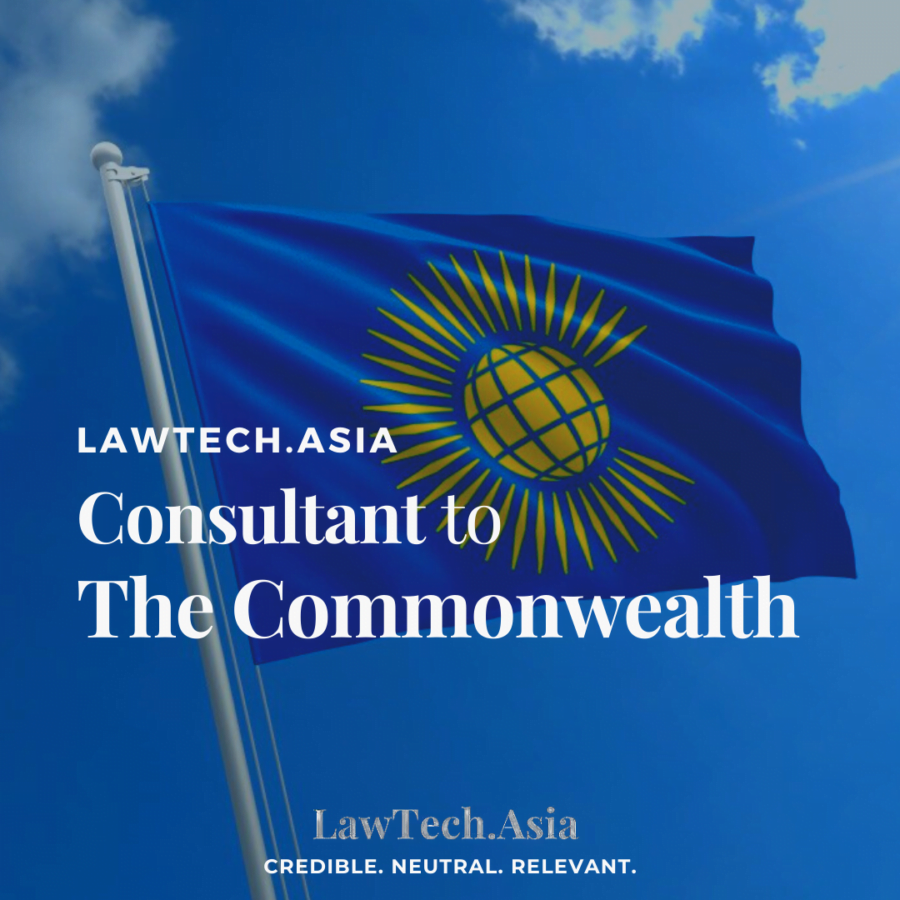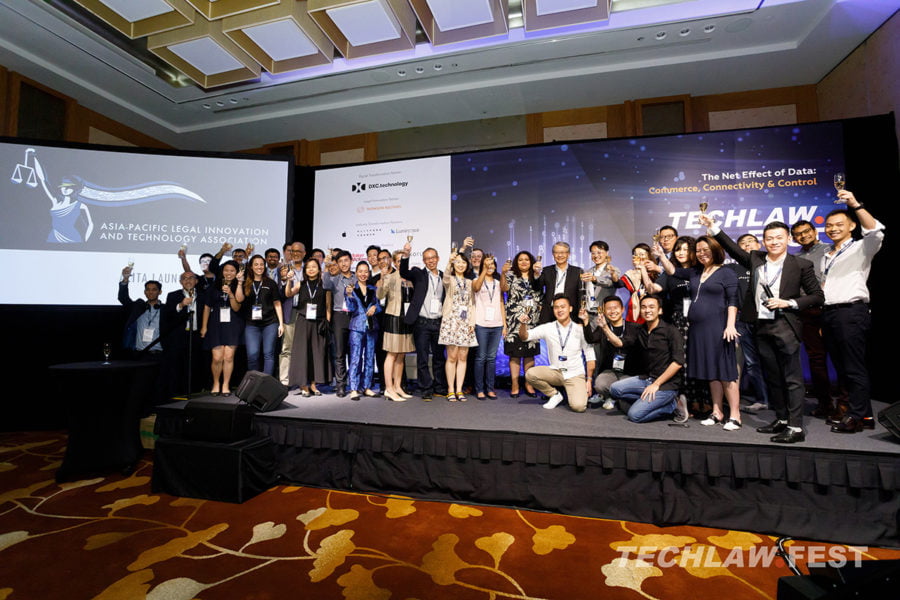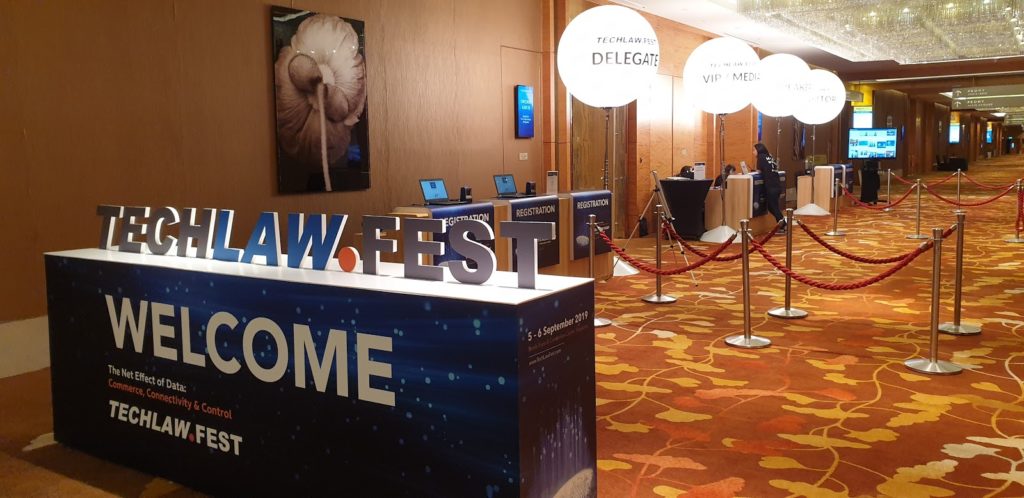Reading time: 10 minutesWritten by Jasmine Ng (Associate Author) | Mentored by Andrew Wong | Reviewed by Yap Jia Qing
LawTech.Asia is proud to conclude the second run of its Associate Author (Winter 2019) Programme. The aim of the Associate Authorship Programme is to develop the knowledge and exposure of student writers in the domains of law and technology, while providing them with mentorship from LawTech.Asia’s writers and tailored guidance from a well-respected industry mentor.
As part of a partnership with the National University of Singapore’s alt+law and Singapore Management University’s Legal Innovation and Technology Club, five students were selected as Associate Authors. This piece by Jasmine Ng, reviewed by industry reviewer Yap Jia Qing (Founder, Emerging Tech Policy Forum), marks the first thought piece for this season. It examines how legal technology can be better used in Singapore to improve access to justice.
Introduction
From the ubiquitous presence of virtual assistants like Amazon’s Alexa and Apple’s Siri, to the achievements of Google’s DeepMind technologies on facial recognition and machine learning, Artificial Intelligence (“AI”) and other data-based technology are a growing part of everyone’s lives. Technological advancement has also made a huge impact on the legal industry. In his speech at the Opening of the Legal Year 2019,[1] Singapore’s Chief Justice, Sundaresh Menon CJ, recognised technology as a key driving force of the seismic changes to the legal industry’s operating environment.
With this changing landscape in mind, the Singapore Judiciary has taken steps to maintain Singapore’s position as a progressive, adaptive and forward-looking judiciary.[2] Digitalisation is now a key pillar of Singapore’s legal system transformation efforts, which is in line with the Digital Government Blueprint in support of the Smart Nation initiative.[3]These developments are to be welcomed, as they tackle concerns about access to justice (which have been increasing in the wake of rising inequality). With this context in mind, I will analyse how technology is being used in our legal industry, and how the benefits of legal technology can be better harnessed to improve access to justice.
Read More






